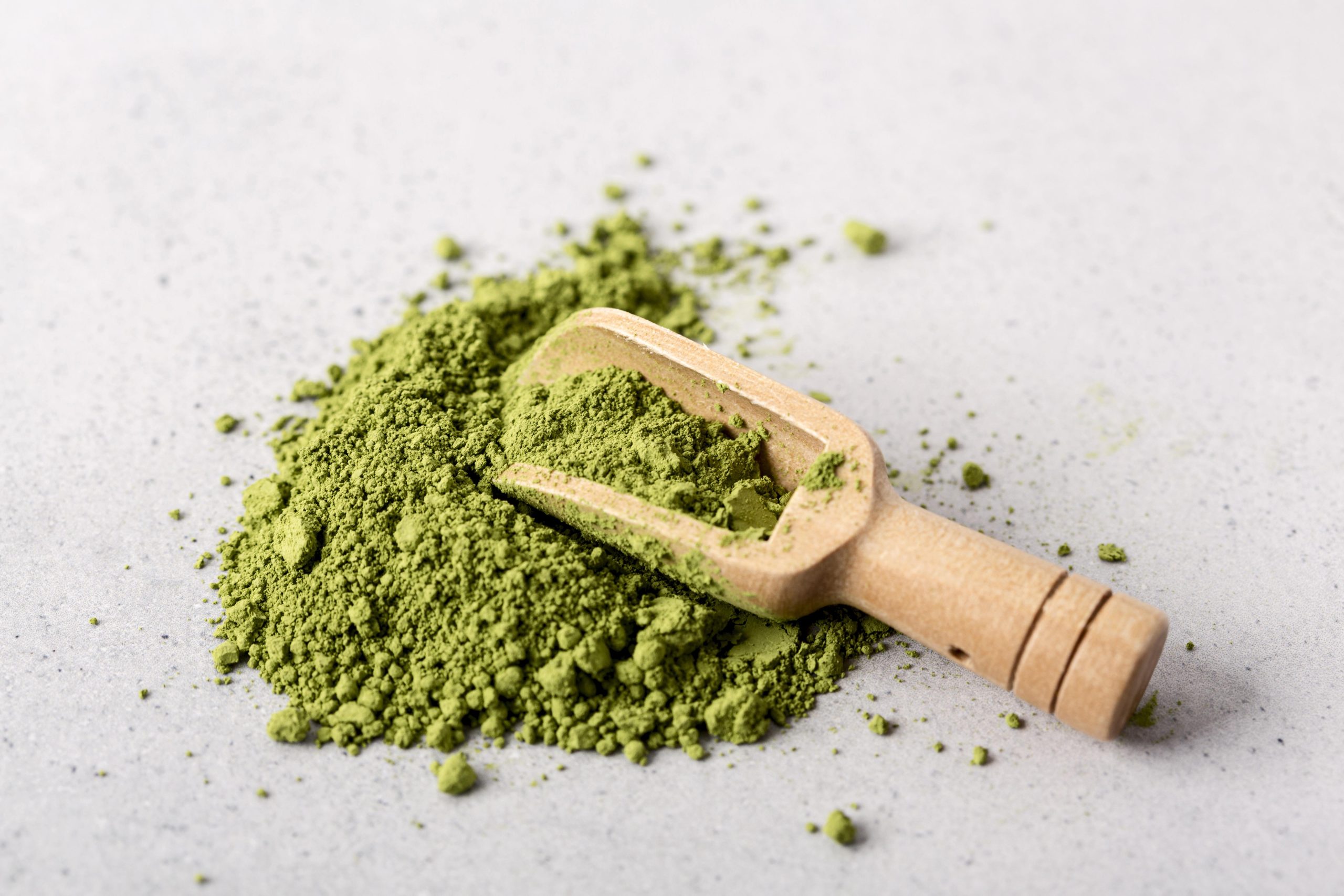Blog
Moringa: A Comprehensive Guide to Its Health Benefits, Uses, and Safety Facts.

Moringa (Moringa oleifera), often called the “miracle tree” or “drumstick tree,” is a nutrient-dense plant native to India and widely cultivated in tropical regions. It has been used for centuries in traditional medicine and nutrition due to its rich profile of vitamins, minerals, and bioactive compounds. Below is a detailed overview of its nutritional facts, health benefits, and safety considerations.
Nutritional Profile of Moringa (Per 10g Serving of Powder)
| Nutrient | Amount/Percentage (DV*) | Key Roles |
|---|---|---|
| Vitamin A | ~9% DV | Supports vision, immunity, and skin health 26. |
| Vitamin C | ~12% DV | Antioxidant; boosts immune function 36. |
| Vitamin E | ~30% DV (rich source) | Protects cells from oxidative damage 28. |
| Iron | ~25% DV | Prevents anemia; supports blood health 1011. |
| Calcium | ~8% DV | Strengthens bones and teeth 36. |
| Protein | 2g | Supports muscle repair and growth 27. |
| Fiber | 1g | Aids digestion and gut health 710. |
| Antioxidants | High (e.g., quercetin) | Neutralizes free radicals 37. |
*DV = Daily Value based on a 2,000-calorie diet.
Key Health Benefits of Moringa
1. Antioxidant and Anti-Inflammatory Properties
Moringa is rich in antioxidants like flavonoids, polyphenols, and vitamin C, which combat oxidative stress linked to chronic diseases 37. Its anti-inflammatory compounds (e.g., isothiocyanates) may alleviate conditions like arthritis and inflammatory bowel disease 1510.
2. Blood Sugar Regulation
Studies suggest moringa leaf powder can lower fasting blood sugar and improve insulin sensitivity, making it a potential adjunct for diabetes management 3610.
3. Heart Health Support
Moringa may reduce LDL (“bad”) cholesterol, triglycerides, and blood pressure due to its vasodilatory and lipid-lowering effects 3710.
4. Liver and Digestive Protection
Animal studies indicate moringa extracts protect against non-alcoholic fatty liver disease (NAFLD) and enhance detoxification 15. Its fiber content also aids in relieving constipation 1011.
5. Skin and Wound Healing
Topical moringa oil accelerates wound closure and collagen synthesis in lab studies, while antioxidants like vitamin E may reduce signs of aging 1810.
6. Anti-Cancer Potential
Lab and animal research highlight moringa’s ability to suppress cancer cell growth (e.g., breast, liver) through compounds like niazimicin 1510.
7. Immune and Cognitive Support
Moringa’s vitamins and amino acids (e.g., tryptophan) may enhance energy, mood, and brain function, while its antimicrobial properties fight infections 710.
Safety Considerations
- Pregnancy: Avoid root/bark extracts due to uterine contraction risks 11.
- Medication Interactions: May interact with diabetes, thyroid, or blood pressure drugs 411.
- Dosage: Limit to ≤70g/day to avoid toxicity 1011.
Summary Table of Benefits
| Benefit | Description | Key Compounds | Citations |
|---|---|---|---|
| Antioxidant | Neutralizes free radicals, reducing oxidative stress. | Quercetin, vitamin C, E | [3][7][8] |
| Anti-Inflammatory | Reduces inflammation in arthritis, colitis, and skin conditions. | Isothiocyanates, flavonoids | [1][5][9] |
| Blood Sugar Control | Lowers fasting glucose and improves insulin sensitivity. | Chlorogenic acid | [3][6][9] |
| Heart Health | Lowers LDL cholesterol and blood pressure. | Quercetin, oleic acid | [3][7][9] |
| Liver Protection | Prevents fat accumulation and supports detoxification. | Polyphenols, glucomoringin | [1][5][9] |
| Wound Healing | Enhances collagen synthesis and tissue repair. | Oleic acid, vitamin E | [1][8][9] |
| Anti-Cancer | Inhibits cancer cell proliferation. | Niazimicin, kaempferol | [1][5][9] |
| Immune Boost | Fights bacterial infections (e.g., E. coli, S. aureus). | Antimicrobial peptides | [1][9][10] |
Conclusion
Moringa offers a versatile range of benefits, from nutritional supplementation to disease prevention. However, many studies are preclinical or animal-based, and human trials are needed to confirm efficacy and safety. Consult a healthcare provider before using moringa supplements, especially if pregnant, breastfeeding, or on medications.
